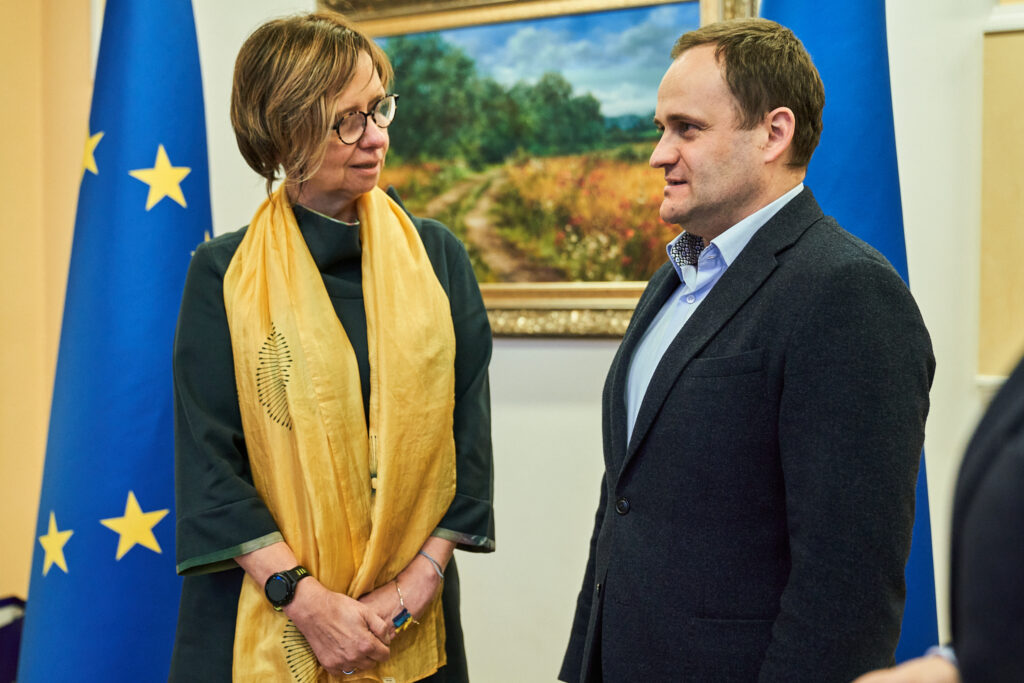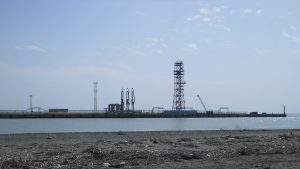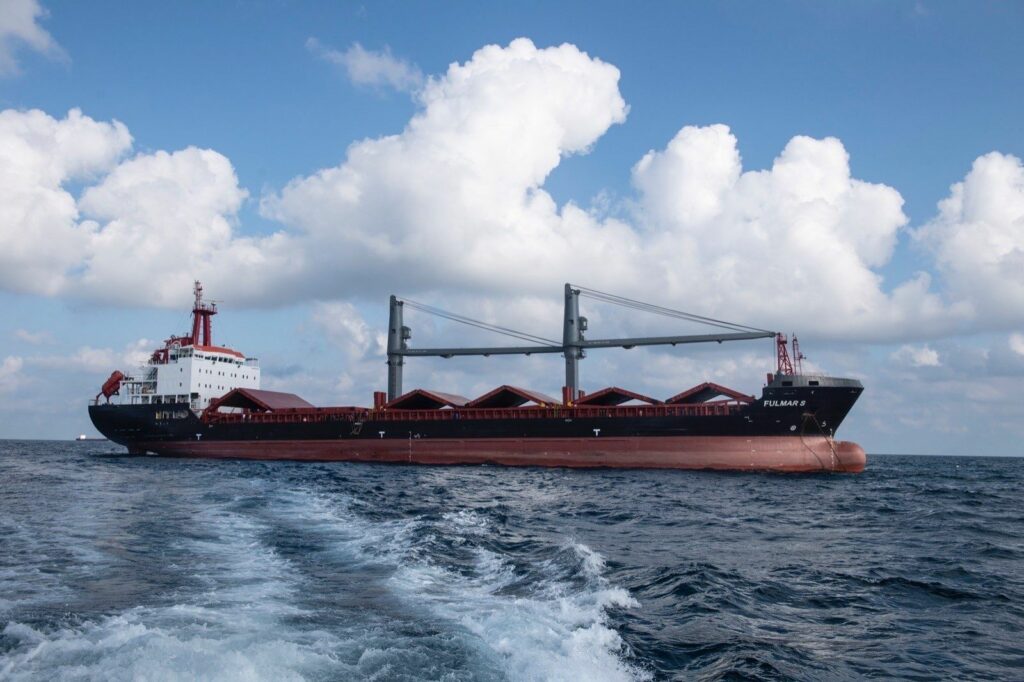DG MOVE will continue to support Ukraine’s port infrastructure

The European Commission’s Directorate-General for Mobility and Transport (DG MOVE) will continue to support transport infrastructure development projects.
Minister for Communities, Territories Development of Ukraine Oleksiy Kuleba met with DG MOVE Director General Magda Kopchynska, the entity reported.
The parties discussed the development and support of port infrastructure, the implementation of the Solidarity Routes initiative to support Ukrainian exports, increasing the throughput capacity of automobile checkpoints, European integration in the transport sector, as well as the implementation of the Ukraine Facility in the transport sector.
According to the minister, together with the European Commission, we have already begun pre-screening of transport legislation as part of the negotiation process on Ukraine’s accession to the EU.
“We, for our part, are counting on comments and recommendations that will allow us to move faster on the issue of European integration in the transport sector. It is no less important that we have joint projects aimed at developing infrastructure, primarily grant funding under the Connecting Europe Facility program. We are already making progress in implementing projects to develop checkpoints and develop rail connections under this program, and we expect that the implementation of these projects will have a positive impact on business and our citizens,” emphasized Oleksiy Kuleba.
DG MOVE Director General Magda Kopczynska assured that the EU is taking a serious and systematic approach to the pre-screening procedures of Ukrainian legislation in the field of transport, because the prospect of Ukraine joining the EU is real, so it is necessary to accelerate this work. Moreover, after the end of the war and the start of the reconstruction process, common legislation in the field of transport will play an important role.
She also highly praised Ukraine’s efforts in ensuring the operation of the maritime corridor, calling it an example of when “the impossible becomes possible.”
It should be noted that the parties discussed projects for the development of transport infrastructure within the framework of the European Union program “Connecting Europe Facility” (CEF), which were approved by the Coordination Committee of the program. These include the development of the railway network, checkpoints, river information service and the restoration of the air navigation system.
A feature of the CEF program is co-financing for the implementation of projects in the amount of 50%. The grant from the European Union will amount to 52 million euros.
As previously reported by USM, as of November 28, 85 million tons of cargo were transported through the Ukrainian maritime corridor.





